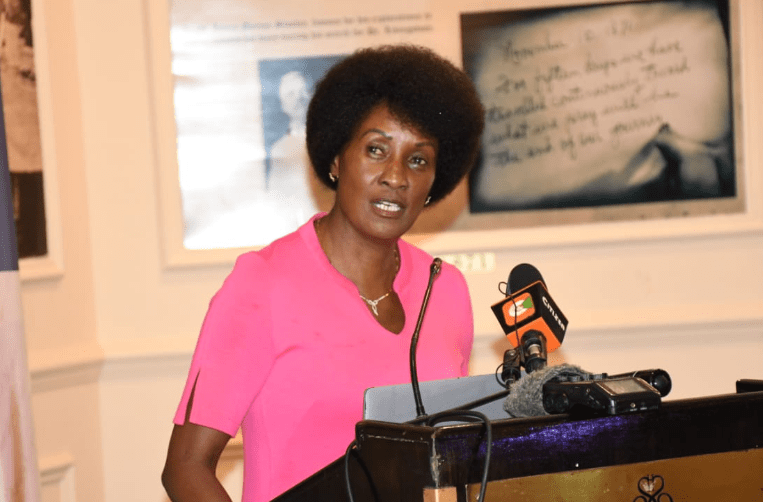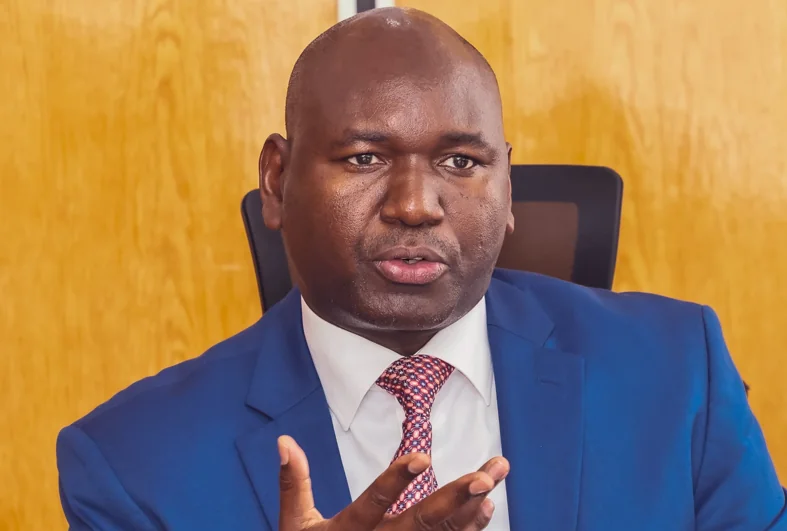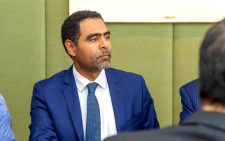Next TSC boss will inherit opportunities, challenges

The announcement by Teachers Service Commission (TSC) chief executive Nancy Macharia that she will retire early next year, concluding her 10-year tenure at the helm, marks the end of a transformative chapter in Kenya’s education sector.
Macharia has overseen profound changes, steered bold reforms, and often faced turbulent waters with an unwavering resolve. Her tenure stands as a testament to resilience, leadership, and a commitment to shaping the future of Kenyan education.
Appointed as the TSC boss in 2015, Macharia inherited an institution grappling with complex challenges — teacher shortages, unrest in schools, and a teaching force clamouring for better pay and working conditions. It was a time when it needed a steady hand to navigate a volatile landscape.
Under her stewardship, the TSC not only weathered these storms but also achieved milestones that have significantly redefined its operational efficiency.
Macharia’s tenure has elicited mixed reactions from stakeholders in the education sector. However, her critics and supporters alike acknowledge her resolute focus on professionalizing the teaching profession.
The introduction of the Teacher Performance Appraisal and Development (TPAD) system marked a new era of accountability, enabling the systematic monitoring and evaluation of teachers’ performance.
Though met with initial resistance, TPAD has been instrumental in fostering a culture of continuous improvement among educators.
Moreover, her efforts to streamline teacher recruitment and deployment have addressed perennial issues of teacher shortages, particularly in underserved regions. By leveraging technology and data-driven decision-making, Macharia’s administration has worked to ensure equitable distribution of teachers, bridging gaps that had previously disadvantaged marginalized areas.
Leadership in a sector as dynamic and politicised as education is rarely devoid of challenges, and Macharia’s journey has been no exception. Her tenure has been marked by confrontations with teachers’ unions, particularly the Kenya National Union of Teachers (KNUT).
The push-and-pull between the TSC and KNUT over salaries, allowances, and promotions often played out in the public domain, testing her mettle as a negotiator and leader.
The 2019 disbandment of KNUT’s Recognition Agreement with the TSC following protracted disputes was a watershed moment. Critics argued that this move weakened the union and stifled collective bargaining.
However, Macharia’s administration defended the decision as necessary for streamlining teacher management and fostering stability in the sector.
Another significant controversy revolved around the Competency-Based Curriculum (CBC). As a key implementer of the government’s ambitious educational reform, Macharia found herself at the centre of intense public debate.
Parents, teachers, and education stakeholders raised concerns about preparedness for the curriculum, resource availability, and overall feasibility.
Despite the backlash, she remained steadfast in her commitment to the CBC’s rollout, emphasising its potential to equip learners with critical skills for the 21st century.
Macharia’s tenure will be remembered for her advocacy for the welfare of teachers. Under her watch, the TSC has negotiated multiple Collective Bargaining Agreements (CBAs), resulting in improved salaries and benefits for educators.
The 2016-2021 CBA, for instance, brought significant financial relief to teachers across various cadres, enhancing their morale and productivity.
Despite her many achievements, Macharia’s tenure has not been without its critics. Detractors argue that some of her reforms were implemented in a top-down manner, sidelining critical stakeholders.
These missteps highlight the complexities of managing large-scale reforms in a resource-constrained environment.
As Macharia prepares to hand over the reins, her successor will inherit both opportunities and challenges.
— The writer is a Journalist and a Media Relations Consultant-















